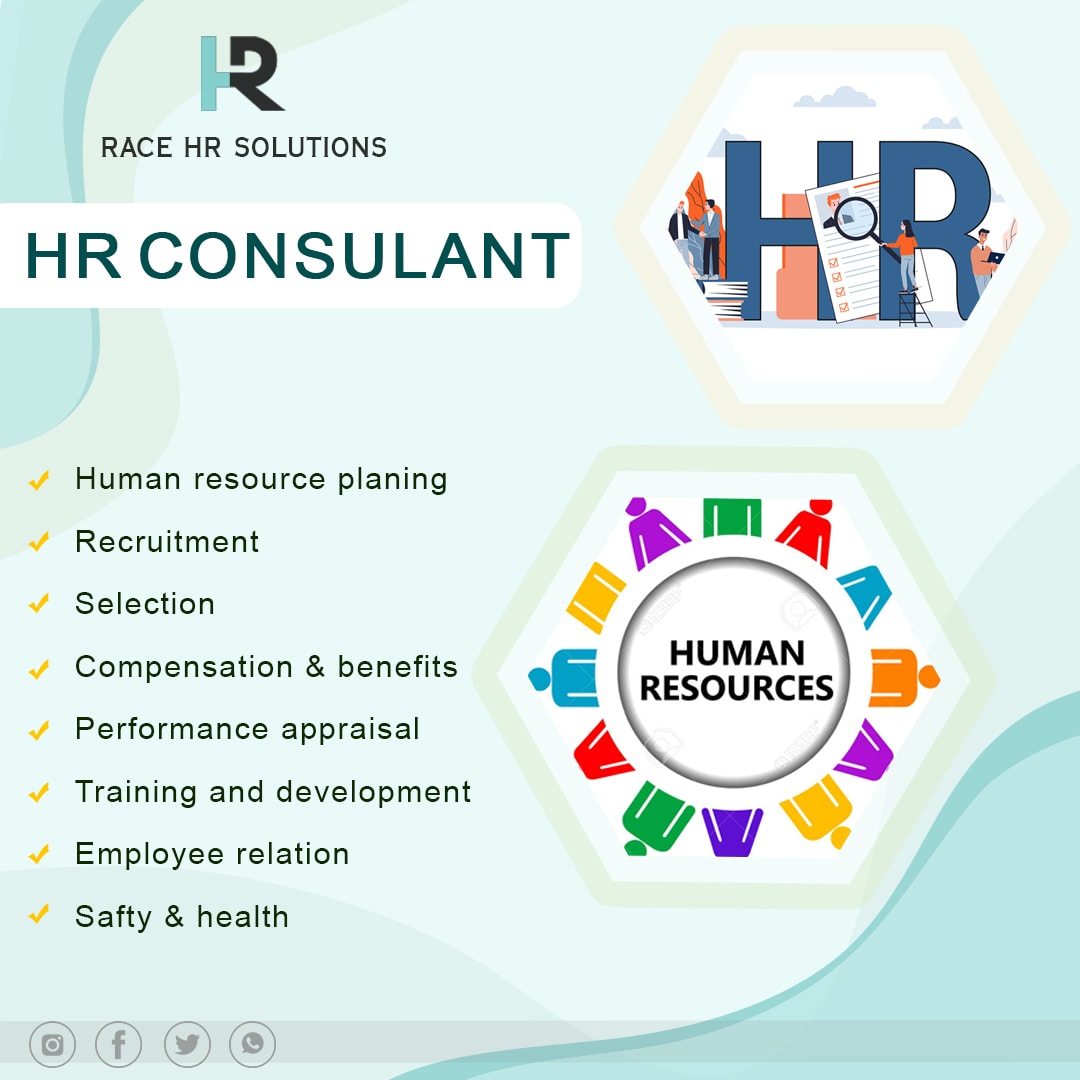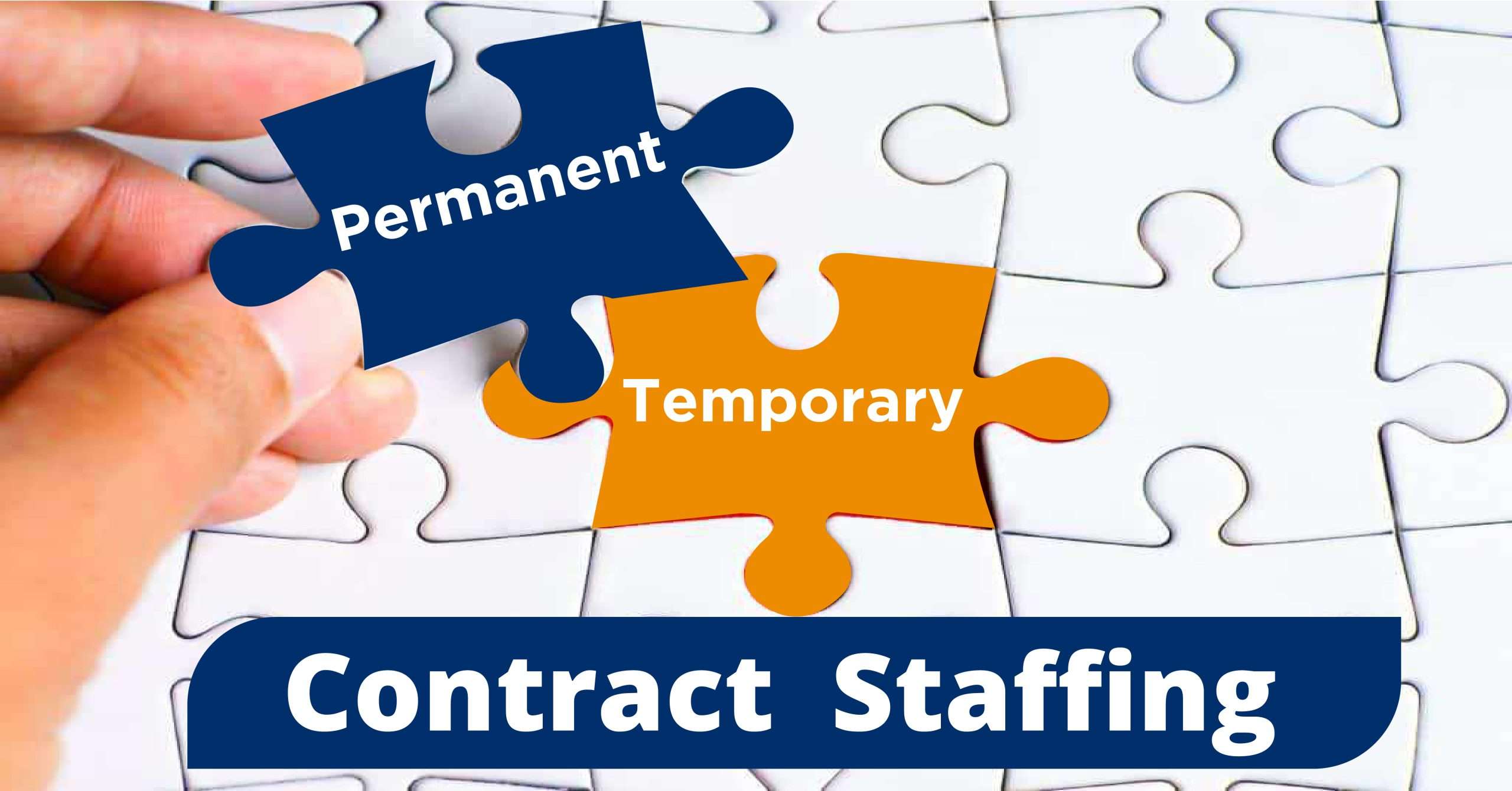
29sixservices
اضافة الى المراجعة تابعملخص
-
تاريخ التأسيس 22 يونيو، 1982
-
المجالات الوظيفية وظائف القطاع الحكومي
-
الوظائف المنشورة 0
-
شاهد 66
وصف الشركة
Outsourcing Payroll: Maximize Efficiency And Minimize Expenses
✔ Outsourcing payroll might minimize administrative burdens, conserve time, and guarantee compliance with tax laws.
✔ Cost cost savings range from 18%-35% on average compared to internal payroll processing.
✔ Payroll suppliers deal with wage estimations, tax filings, direct deposits, benefits deductions, and more.
✔ Businesses of all sizes advantage, specifically those without devoted payroll staff.
✔ Choosing the right payroll service depends on company size, complexity, and require for combination with existing systems.
Every other Friday, Lisa braced herself for what had essentially become a continuous source of tension: payroll. As the workplace supervisor for a growing home services business, she wore lots of hats: scheduling jobs, managing billings, handling HR tasks, and more. Payroll was just another responsibility on her overruning plate, and regardless of her best shots, something constantly appeared to fail.
Last pay duration, she overlooked overtime for two specialists, resulting in a payroll correction that took hours to fix. The month in the past, a tax filing due date slipped through the fractures, leading to an expensive late charge. And after that there were the consistent concerns from workers about their paychecks – was my bonus included? Why are my reductions various today? Is there still time to remedy my punch card? When will I receive my W-2?
Lisa’s stress level was through the roof. Something needed to alter. Accordingly, Lisa started exploring her options. What if the company had another person manage payroll? By handing off payroll to an expert supplier, or, at the extremely least, updating their software, she might get rid of the danger of mistakes, guarantee compliance with tax laws, and maximize hours each week to focus on running business.
Does your payroll journey imitate Lisa’s? Is payroll an obstacle that looms at the end of every other week? Luckily, you’re not alone. In this post, we’ll check out how outsourcing payroll works, the benefits it offers, and whether it’s the best relocation for your company.
Outsourcing payroll is the practice of handing off payroll-related jobs to a third-party service provider who focuses on processing earnings, taxes, and other compensation-related responsibilities. Instead of handling payroll manually – or handling several software application options – companies can count on experts to guarantee employees are paid correctly and on time while staying certified with tax laws.
Payroll suppliers manage a series of tasks, consisting of:
✅ Processing worker salaries and specialist payments;
✅ Calculating and filing payroll taxes;
✅ Managing direct deposits and paper checks;
✅ Handling reductions, garnishments, and benefits contributions; and
✅ Staying up to date with ever-changing labor laws and tax rates.
Approximately 61% of business outsource their payroll procedures. The decision to outsource the entire function or segment out portions, such as tax filings or direct deposit management, mostly depends upon business size, payroll complexity, and internal resources.
For larger services with workers across multiple states, payroll outsourcing can streamline compliance with different tax laws and regulations. But little and mid-sized businesses likewise benefit – specifically those without a devoted payroll specialist. Considered that payroll laws frequently alter, contracting out ensures organizations stay certified without needing to constantly keep an eye on updates.
Years earlier, it was unusual for companies to turn over payroll to an outside service provider. But today, advances in payroll technology make outsourcing a cost-efficient and effective option. Whether you need full-service payroll support or simply assist with particular tasks, outsourcing can maximize valuable time, decrease administrative headaches, and provide entrepreneur comfort. Statistics back this up. According to a PwC research study, business that outsource their payroll functions experience cost reductions of 18%-35%, usually.
Is outsourcing payroll the ideal choice for your business? In the next area, we’ll explore the key advantages and potential downsides to assist you choose. If not, a best practice might consist of upgrading your internal software. While we’re biased, a service like OnTheClock enables you to encapsulate time tracking, scheduling, and payroll in one platform. No more third-party costs, delays, or errors!
Don’t let taxes get you down. Make payroll easy with OnTheClock!
Your worry-free option for payroll.
The Benefits of Outsourcing Payroll
Having your staff total payroll might look like a cost-savings procedure; however, the reality is that it’s frequently time-consuming, complex, and susceptible to costly mistakes. Outsourcing payroll provides services a structured, safe, and cost-effective option. Here’s how it can benefit your business:
Save Time and Boost Productivity: Payroll isn’t just about transferring income – it includes tracking hours, calculating taxes, managing benefits deductions, and guaranteeing compliance with ever-changing regulations. For small companies, this responsibility typically falls on a bachelor or a little HR group, pulling focus far from tactical initiatives. Outsourcing payroll gets rid of these time-consuming jobs, releasing up your group to concentrate on development and employee engagement.
Reduce Payroll Costs: Many small and mid-sized businesses find that contracting out payroll is more cost-efficient than keeping an in-house payroll team. The expenses associated with payroll software, worker training, tax filing, and compliance management can include up quickly. By contracting out, companies can access professional payroll services at a foreseeable monthly cost – often less than the cost of employing a full-time payroll expert.
Minimize Errors and Ensure Compliance: Payroll mistakes aren’t simply frustrating – they can lead to substantial monetary charges. From overlooking tax withholdings to missing due dates, errors can activate audits, fines, and unhappy staff members. Payroll providers concentrate on tax compliance, staying up to date on federal, state, and local policies to guarantee precise filings and timely payments.
Enhance Data Security: Payroll data consists of sensitive staff member information, such as Social Security numbers and bank account details. Cybersecurity dangers and internal fraud dangers make payroll security a top priority. Professional payroll companies purchase advanced encryption, secure cloud storage, and multifactor authentication to keep your company’s financial data safe.
Avoid Payroll Disruptions: If your in-house payroll expert takes a holiday, gets sick, or leaves the company, payroll operations can be tossed into mayhem. Outsourcing provides connection and dependability, ensuring payroll is processed precisely and on time, each time.
Simplify Direct Deposit and Benefits Integration: Many small services struggle to set up direct deposit or correctly incorporate payroll with benefits administration. Payroll suppliers streamline this process, ensuring employees are paid quickly and reductions for advantages like medical insurance and retirement plans are handled correctly.
Scale With Your Business: As your company grows, payroll complexity increases. More employees suggest more tax responsibilities, benefit options, and compliance requirements. A payroll supplier can scale with your organization, adapting to brand-new challenges without requiring you to hire additional HR workers.
The Downsides of Outsourcing Payroll
While outsourcing payroll can conserve time and decrease administrative concerns, it’s not without its challenges. Before devoting to an external provider, it’s vital to weigh the prospective drawbacks and figure out whether the trade-offs line up with your service’s requirements.
Loss of Control Over Payroll Processes: When you contract out payroll, you relinquish direct oversight of important payroll functions. While automation and dedicated payroll specialists can lessen errors, you may have restricted visibility into the procedure. If an error takes place, such as an inaccurate income or a missed tax filing, it might take longer to fix than if payroll were dealt with internal. Additionally, you might have to depend on client support teams with differing levels of responsiveness rather than making immediate adjustments yourself.
Data Security Concerns: Outsourcing requires sharing delicate staff member information, consisting of Social Security numbers, incomes, and tax information, with a 3rd party. While the majority of payroll companies execute robust security measures, information breaches remain a danger. Additionally, since you don’t control their security procedures, you’re relying on their capability to safeguard employee data. Any lapse in security could cause identity theft, compliance concerns, or financial losses.
Limited Customization and Flexibility: Payroll companies usually offer standardized services that might not completely line up with your business’s needs. If your company has distinct payroll structures, such as specific bonuses, commissions, or industry-specific deductions, adjusting to a third-party system can be challenging. Furthermore, last-minute payroll changes, such as adding an expense reimbursement or correcting a tax code, might not be as smooth as they would be with an internal payroll team.
Potential Hidden Costs: While outsourcing can seem affordable, costs can add up beyond the base membership fee. Some companies charge additional for year-end tax filings, compliance updates, off-cycle payroll runs, or integration with other company software application. If your business needs frequent payroll adjustments or customized reporting, these extra expenses can quickly exceed the preliminary spending plan. Employee Experience Challenges: When payroll is outsourced, staff members typically have to contact a third-party company for payroll-related concerns or concerns. This can develop a disconnect, as workers might have a hard time with impersonal customer support, long haul times, or inconsistent assistance quality. Unlike an in-house payroll team that understands company culture and policies, an outsourced service provider may not provide the very same level of familiarity or responsiveness.
Dependency on Provider Stability: Counting on an external company for payroll means your service is vulnerable to its operational stability. If the company experiences monetary difficulty, technical failures, or abrupt service interruptions, your payroll procedure might be affected. In extreme cases, a supplier closing down suddenly could lead to lost payroll information and significant functional headaches.
The Different Types of Payroll Services
Not all payroll outsourcing services are developed equal. Businesses have various requirements, and payroll service providers use numerous levels of service to accommodate them. Whether you want to hand off whatever or maintain some control, there’s an outsourcing model that fits your company. Here are the main kinds of outsourced payroll services:
1. Full-Service Payroll Outsourcing: If you’re trying to find a totally hands-off method, full-service payroll outsourcing is the way to go. This kind of provider handles every aspect of payroll, consisting of:
– Calculating salaries and reductions;
– Managing tax filings and compliance;
– Administering employee benefits; and
– Handling direct deposits and incomes.
With a full-service provider, all you need to do is provide employee data, such as hours worked and wage updates. While this choice is the most convenient, it also tends to be the most costly. Plus, businesses require a trustworthy system for sharing precise payroll info on time.
2. Partial Payroll Outsourcing: For businesses that prefer to maintain some control over payroll however offload complex tasks, partial outsourcing is a great middle ground. Companies may choose to:
– Manage staff member time tracking and participation in-house while outsourcing tax filing;
– Handle direct deposit themselves but contract out compliance and reporting; and
– Keep payroll processing internal however utilize an external company for year-end tax forms.
This design allows companies to decrease their administrative concern while keeping oversight on crucial payroll functions.
3. Cloud-Based Payroll Services: Cloud-based payroll contracting out offers flexibility and real-time access to payroll data. These services:
– Automate payroll estimations and tax filings;
– Allow workers to access pay stubs and tax documents through self-service portals; and
– Integrate with accounting and HR software application.
Since cloud payroll solutions are web-based, services can handle payroll from anywhere. This alternative is perfect for remote teams and growing business that need scalability.
4. International Payroll Outsourcing: For companies with a global labor force, international payroll providers streamline the complexities of handling staff members throughout different nations. These services:
– Ensure compliance with regional tax laws and labor guidelines;
– Handle multi-currency payroll processing; and
– Manage cross-border payroll tax filings.
Outsourcing global payroll can prevent pricey compliance errors while streamlining payments for abroad staff members.
5. DIY Payroll with Provider Support: Some payroll providers provide a hybrid method where companies deal with many payroll jobs but use software application and tools offered by the outsourcing company. This model is ideal for companies that:
– Want to preserve direct control over payroll processing;
– Need automation tools to simplify computations; and
– Prefer specialist assistance for compliance questions.
This technique combines the flexibility of internal payroll with the security of professional assistance.
How to Choose the Proper Payroll Partner
The ideal payroll service depends on your business’s size, structure, and needs. If you want a totally worry-free experience, full-service outsourcing may be the very best choice. If you require versatility, partial or cloud-based solutions might be a better fit. Here’s a list of actions you need to consider when selecting the perfect payroll service provider.
Define Your Payroll Needs: Before comparing providers, summary exactly what you need from a payroll service. Are you trying to find full-service payroll that deals with whatever, or do you choose partial payroll outsourcing where you maintain control over specific tasks? Consider features like direct deposit, tax filing, benefits administration, and . If your organization operates in several areas or employs remote workers, you might also require multistate or global payroll abilities.
Integration with Existing Tools: A smooth payroll procedure depends on how well your payroll supplier integrates with your existing systems. Search for services that get in touch with your scheduling software, HR platforms, and time tracking tools. Proper combination can decrease manual information entry, lessen errors, and enhance total performance.
Compliance and Tax Expertise: Payroll is more than simply paying employees – it includes tax filings, deductions, and compliance with labor laws. A trustworthy payroll partner need to remain up to date with changes in tax policies and ensure accurate reporting to avoid pricey penalties. Ask possible providers about their compliance procedures and how they deal with updates to federal, state, and local tax laws.
Pricing Structure and Value: Cost is a significant factor when selecting a payroll provider, however the least expensive choice isn’t constantly the very best. Compare prices models, as some service providers charge a flat monthly cost, while others expense per pay duration or per staff member. Many payroll options, consisting of OnTheClock Payroll, tend to be around $40 each month and $6 per employee. Make certain to represent any extra expenses for tax filings, direct deposits, or HR add-ons. The very best payroll partner uses a balance of cost and value, saving you time and reducing payroll-related headaches.
Customer Support and Service Quality: Payroll mistakes can be demanding, so having access to responsive customer assistance is vital. Evaluate the service provider’s service alternatives: Do they offer live phone support, chat, or email support? Check online evaluations and reviews to determine their reputation for customer support. A payroll partner with strong assistance can rapidly fix problems and keep payroll running efficiently.
Security and Data Protection: Payroll data contains delicate worker info, making security a top priority. Ensure your payroll company uses strong file encryption, multi-factor authentication, and secure servers to safeguard versus cyber risks. Inquire about their data backup policies and how they deal with security breaches.
Scalability and Flexibility: Your payroll requirements may progress as your company grows. Choose a supplier that can scale with you, whether you’re adding new staff members, expanding to several locations, or needing extra features like advantages management or time tracking. A versatile payroll partner will accommodate changes without requiring a significant overhaul of your payroll procedure.
Service Level Agreements (SLAs): A reliable payroll provider must provide clear service level contracts (SLAs) that outline key efficiency expectations, such as payroll accuracy, processing times, and compliance assurances. These arrangements help guarantee responsibility and offer a standard for examining service quality.
Reputation and Industry Experience: Finally, research study the service provider’s track record. Look for consumer testimonials, market accreditations, and case research studies that demonstrate their know-how. If possible, select a payroll partner with experience in your market, as they’ll recognize with sector-specific payroll requirements and compliance difficulties.
Outsourcing Payroll: Common Challenges and Best Practices
Outsourcing payroll can be a game-changer for businesses, lowering administrative work, enhancing accuracy, and making sure compliance. However, turning over such a crucial function comes with its own set of difficulties. If not managed properly, companies can face interaction breakdowns, security dangers, and compliance concerns. Below are some common hurdles companies encounter when contracting out payroll and some actions to help conquer them.
Loss of Control Over Payroll Processes
When you contract out payroll, you relinquish direct oversight of payroll computations, tax filings, and worker payments. This can lead to issues about transparency, accuracy, and responsiveness.
– Choose a provider that uses real-time reporting and payroll control panels so you can keep track of transactions.
– Establish clear expectations from the start, including due dates, information accuracy requirements, and escalation procedures.
– Maintain internal payroll competence to examine reports and guarantee payroll precision.
Communication Breakdowns
A lack of proper communication between your company and the payroll company can lead to mistakes, delays, and aggravation. Misunderstandings about information submissions, reporting requirements, and employee categories can trigger significant disruptions.
– Designate a dedicated point of contact on both sides to ensure smooth communication.
– Set up regular check-ins to evaluate payroll processes, fix issues, and offer updates.
– Use cloud-based payroll platforms that enable real-time access to reports and automated alerts.
Data Security and Privacy Risks
Payroll data contains extremely delicate employee information, including Social Security numbers, bank information, and wage records. A security breach can result in identity theft, monetary scams, and legal liabilities.
– Work with a provider that utilizes advanced encryption, multifactor authentication, and protected information storage.
– Limit access to payroll data by defining user roles and consents within the system.
– Regularly examine the company’s security policies and require compliance with industry requirements like SOC 2 and GDPR.
Compliance and Regulatory Risks
Payroll laws and tax policies frequently change, and noncompliance can result in significant fines and penalties. If your payroll provider stops working to remain updated, your organization might be at threat.
– Partner with a provider that concentrates on your market and is well-versed in federal, state, and local tax laws.
– Request routine compliance audits to guarantee payroll tax filings and employee categories are accurate.
– Maintain internal oversight by staying informed about payroll regulations that affect your company.
Hidden Fees and Unexpected Costs
Some payroll companies charge additional for services like tax filings, compliance updates, and software application upgrades. Without a clear understanding of costs, organizations can deal with spending plan overruns.
– Review the contract completely before finalizing and clarify all expenses, consisting of per-payroll charges, year-end reporting charges, and add-on services.
– Choose a supplier with transparent, extensive prices to avoid unanticipated expenditures.
– Regularly evaluate whether the payroll service is cost-efficient for your organization.
Integration Challenges
If your payroll supplier’s system does not incorporate smoothly with your existing accounting, HR, or time tracking software application, it can result in inadequacies and manual data entry errors.
How to Overcome It
– Select a supplier that offers seamless combination with your existing tools, such as QuickBooks or OnTheClock.
– Test the integration before fully transitioning to outsourced payroll to identify possible concerns.
– Work closely with your provider to customize information exports and imports for precision and effectiveness.
Final Thoughts
Lisa’s story is all too familiar to lots of company owner and workplace managers. Payroll errors, compliance concerns, and consistent disturbances can turn payday into a source of stress rather of a simple process. By contracting out payroll, Lisa took control of her time, lowered mistakes, and guaranteed her group was paid precisely and on time.
If payroll has actually ended up being a concern for your company, it may be time to explore a better service. OnTheClock Payroll streamlines the procedure, so you can concentrate on running your company – not stressing over incomes. Ready to simplify payroll? Try OnTheClock Payroll today and let us deal with the heavy lifting so that you can concentrate on what matters most: growing your company!






